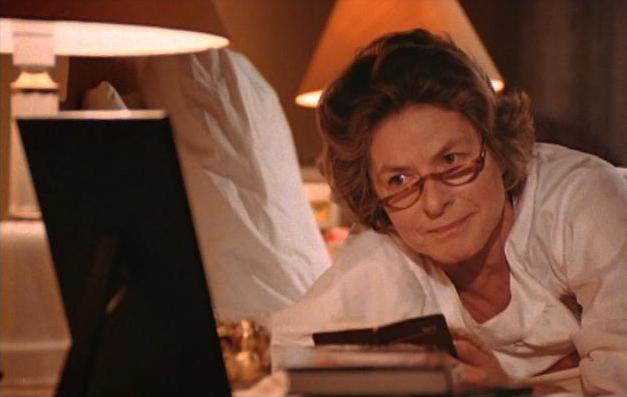
 |
| Photo © 1978 Suede Film/Filmédis/ITC/Personafilm |
| Academy Award Nominations: | |
| Best Actress: Ingrid Bergman | |
| Best Original Screenplay: Ingmar Bergman | |
| Golden Globe Nominations and Winners: | |
| Best Actress (Drama): Ingrid Bergman | |
| ★ | Best Foreign Film |
| Other Awards: | |
| New York Film Critics Circle: Best Actress (Bergman) | |
| National Society of Film Critics: Best Actress (Bergman) | |
| National Board of Review: Best Director; Best Actress (Bergman); Best Foreign-Language Film | |
| Permalink | Home | ABC | Blog |